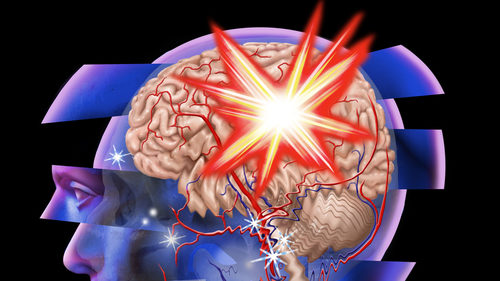DUI is an acronym for the crime of “driving under the influence”. A criminal DUI offense occurs when an individual is operating a motor vehicle with a blood alcohol level above the legal limit, and is caught by a member of law enforcement. The federal blood alcohol concentration (BAC) limit to define legal intoxication was set under President Clinton at 0.08%. The National Conference of State Legislature assert that each state is within right to impose harsher standards and/ or stricter penalties for individuals that operate motor vehicles with exceptionally high BAC levels. Los Angeles hold one of the most strict and complex DUI processes in America, due to the fact that both the courts and DMV (Department of Motor Vehicles) are involved.
DUI Consequences in LA
There are several different potential outcomes for an individual after he or she has been arrested for a DUI in California. The state of California treats DUIs as a misdemeanor. Should an individual be convicted of a DUI, he or she could be responsible for upwards of $15,000 in fines, court fees and other related expenses. In California, even first-time DUI offenders could face up to six months in jail. There is a ten-day deadline from the date of arrest for the individual to request a hearing from the DMV otherwise his or her license will be suspended. It is important to note that an individual’s license can be suspended regardless of whether or not the individual is actually convicted of the DUI. While most DUI sentences do not result in court mandated drug/ alcohol treatment, judges do hold discretion in assigning appropriate DUI sentences for each case. For example some judges may elect to require attending substance abuse and/ or addiction support group meetings as a component to an offender’s probation. In some cases it is best for the offender to offer to voluntarily commit to a substance abuse and/ or addiction treatment program, as it may serve as a sufficient means of rehabilitation and an alternative to serving jail or prison time.
Treatment Options
Should an individual be court ordered to attend a substance abuse and/ or addiction treatment program, he or she will be required to provide accurate documentation regarding the dates of attendance, information on the specific rehab program, and the date of completion. Any treatment program that acts as a portion of an individual’s probation requirements must be licensed by the state of California’s Department of Heath Care Services (DHCS). There are a number of treatment programs that are sufficient, but according to DHCS, there are currently no DUI classes offered over the Internet that meet the requirements.
There are a myriad of substance abuse and addiction treatment program options available in California. Depending on an individual’s particular needs, as well as the court order, he or she may seek treatment in the form of attending an inpatient rehab program, attending an outpatient treatment program, and/ or regularly attending substance abuse and addiction support group meetings such as Alcoholics Anonymous (AA) or Narcotics Anonymous (NA).
Inpatient treatment programs require an individual to reside at the treatment facility for the duration of the program. This enables the individual the ability to completely immerse him or herself in the treatment program without any outside distractions. This also allows an individual the opportunity to practice and integrate the information from the treatment program into his or her daily life without the presence of any unnecessary triggers and with the full support of mental health clinicians.
Outpatient treatment programs allow an individual to reside at home, but do require the individual to attend a certain number of hours each day as participation in the program. This option is helpful for individuals that may have obligations that do not allow them move away from home for a period of time. This option is also typically less expensive than an inpatient treatment program. Usually outpatient treatment programs will last anywhere from fourteen days to three months long. Subsequent to the successful completion of an inpatient treatment program or an outpatient treatment program, regularly attending support group meetings is usually advised as a means to help and support an individual maintain his or her sobriety.
For Information and Support
If you are concerned for yourself or a loved one in regards to substance abuse and/ or addiction we recommend reaching out for help as soon as possible. If left untreated, substance abuse can result in long lasting and potentially life-threatening consequences. Keep in mind: you are not alone! There is an entire network of professionals that are available to help and support you and your loved one throughout the recovery process. The earlier you seek support, the sooner your loved one can return to a happy, healthy, and fulfilling life.
Please do not hesitate to reach out with any questions regarding our specific program at Haven House Addiction Treatment and/ or general substance abuse and/ or addiction treatment related information. Our highly trained staff is readily available to discuss how we might best be able to help you and your loved one.



